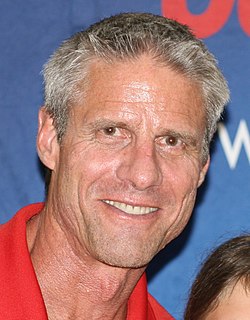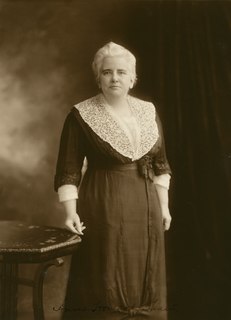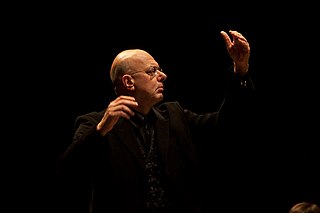A Quote by Karch Kiraly
The actual work of reviewing, teaching and learning is human to human.
Related Quotes
In every human society of which we have any record, there are those who teach and those who learn, for learning a way of life is implicit in all human culture as we know it. But the separation of the teacher's role from the role of all adults who inducted the young into the habitual behavior of the group, was a comparatively late invention. Furthermore, when we do find explicit and defined teaching, in primitive societies we find it tied in with a sense of the rareness or the precariousness of some human tradition.
The test of the life of a saint is not success, but faithfulness in human life as it actually is. We will set up success in Christian work as the aim; the aim is to manifest the glory of God in human life, to live the life hid with Christ in God in human conditions. Our human relationships are the actual conditions in which the ideal life of God is to be exhibited.
To become fully human means learning to turn my gratitude for being alive into some concrete common good. It means growing gentler toward human weakness. It means practicing forgiveness of my and everyone else's hourly failures to live up to divine standards. It means learning to forget myself on a regular basis in order to attend to the other selves in my vicinity. It means living so that "I'm only human" does not become an excuse for anything. It means receiving the human condition as blessing and not curse, in all its achingly frail and redemptive reality.
If a human being dreams a great dream, dares to love somebody; if a human being dares to be Martin King, or Mahatma Gandhi, or Mother Theresa, or Malcolm X; if a human being dares to be bigger than the condition into which she or he was born-it means so can you. And so you can try to stretch, stretch, stretch yourself so you can internalize, 'Homo sum, humani nil a me alienum puto. I am a human being, nothing human can be alien to me.' That's one thing I'm learning.






































